Will Appian Stock Go Up?
Most Appian investors are getting edgy and wondering, will Appian stock go up? The stock drop has caused anxiety among investors in recent months. Founded in 1999, the cloud computing and enterprise software company excel in selling a platform as a service.
Its principal focus is on low-code development, which anchors the corporation, but it also conducts process mining, case management and business process management. Appian has consumers in North America, Southeast Asia, the Middle East, Saudi Arabia and Europe.
Understanding Appian’s Low-Code Platform

A convenient and agile platform saves the customers' money. The platform offers ease in building computer applications, even for beginners. Instead of the traditional and rather difficult code-writing, a user utilizes a drag-and-drop technology in the low-code platform.
According to CEO Matt Calkins, the platform increases productivity by over 10. Therefore, there is a high demand for the company’s services and products. The demand is ever-growing, and new markets are emerging. If you are thinking, will Appian stock go up? You should consider the outstanding performance of its low-code platform.
Appian Market Dominance
The software development industry has giant players like Microsoft, who give Appian a run for their money. However, according to Gartner, Appian is a leader in low-code platforms.
Appian owes the award to its various automation tools that improve the customer's workflow. Additionally, Appian leads in overall customer satisfaction. If a customer is satisfied, they are more likely to recommend a product, bringing more customers to the business.
Appian vs Pegasystems
Appian sued its competitor Pegasystems for trade-secret misappropriation. Appian proved that Pegasystems maliciously spied on Appian's development environment to steal trade secrets. Appian was awarded over $ 2 billion in damages. The amount is half of Appian's market cap and, therefore, significant in how it will shape the company's financial muscle soon.
-Revenue: $110.1 million, an increase of 33% compared to Quarter 2 2021 revenue
-Operating loss and non-GAAP operating loss: GAAP operating loss of $42.7 million and Non-GAAP operating loss of $26.8 million
-Net loss and non-GAAP net loss: GAAP net loss of $ 49.4 million with a net loss per share of $0.68. Non-GAAP net loss stood at $33.4 million. A total of $6.5 million from both losses was attributed to foreign currency exchange losses.
-GAAP and non-GAAP net loss for the second quarter of 2022 included $6.5 million, or $(0.09) per share, of foreign currency exchange losses. We do not forecast foreign exchange rate movements.
-Adjusted EBITDA: loss of $25 million
- Balance sheet and cash flows: Total cash and investments were $138 million
Appian Financial Health
• The prospects of revenue vs market growth forecast are 17.5% annually. The growth would be 9.5% more than the annual US market growth.
• Short-term assets of $315.4 million over short-term liabilities of $212.13 million
• Long-term liabilities of $52.2 million
• Appian is currently debt free
• A stable cash runaway of over a year
• CEO compensation of $981.85 is below the average of similar size US companies of $6.58M
Appian Mid-Level Market Expansion
Since its founding, the company has focused on enterprise-level customers. However, the prospects of tapping into the mid-level market are increasingly attractive for Appian. Mid-level markets are companies with between $50 million to $1 billion in revenue.
Appian’s consecutive win for the Gartner Customer Choice Award is proof of its capability in the mid-market segment. Management believes that making their product easily accessible will empower the clients and increase their following among midsize companies.
Additionally, top management's evident goodwill contributes to the democratization of the industry. In this uncertain economic time, the possibility of a recession is likely. Appian expresses confidence in its capability to handle such an outcome. Its product saves the consumer time and money and will therefore maintain demand.
Since the company is customer-funded, it will remain afloat. Even in a downturn, Appian would support its growth trajectory. This is due to a 65% increase in low-code app development by 2024. Appian will be at the forefront of capitalizing on this opportunity.
Final Take
As an investor, it is crucial to ask, will Appian stock go up? In addition, what would be the effect on your investment? Compared to competitors such as Microsoft and Salesforce, Appian is smaller but has the most significant growth potential. Appian’s primary focus is on low-code technology, but the overall business of its competitor gives it an advantage.
Appian is a rapidly growing presence in niches where competitors focus less on developing innovative software solutions at scale. However, it would be best if you were risk tolerant of investing in Appian as the company is not yet profitable. Appian stock is likely to fall in the short term but go up when the company is expected to be profitable in the next three years.
The recommendation would be to buy and hold for at least five years. However, investors should regularly monitor Appian's revenue results, product performance and management moves.



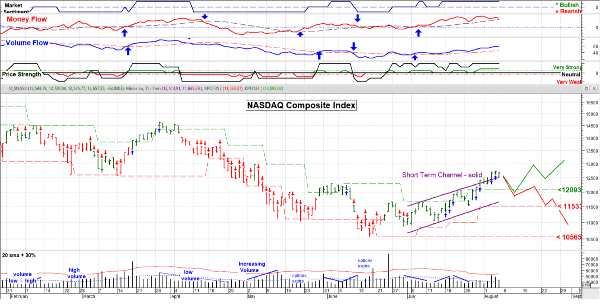
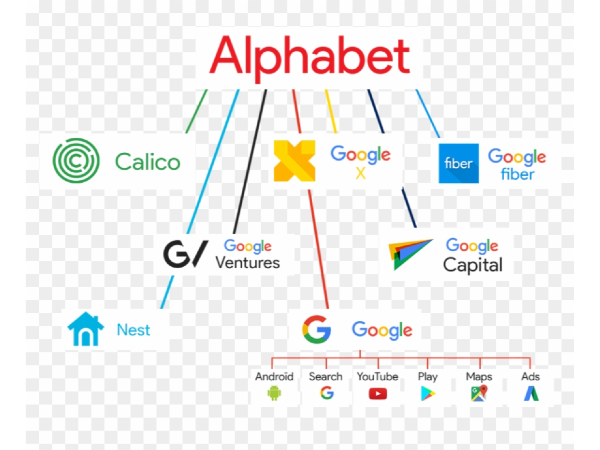


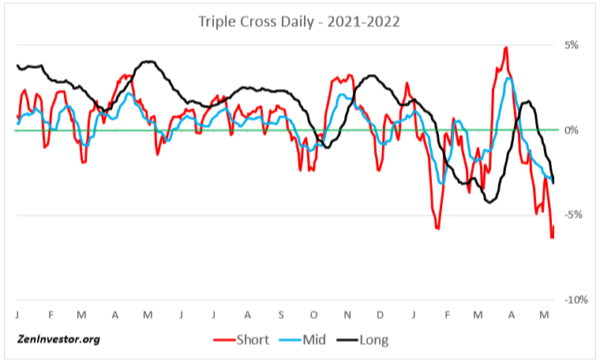


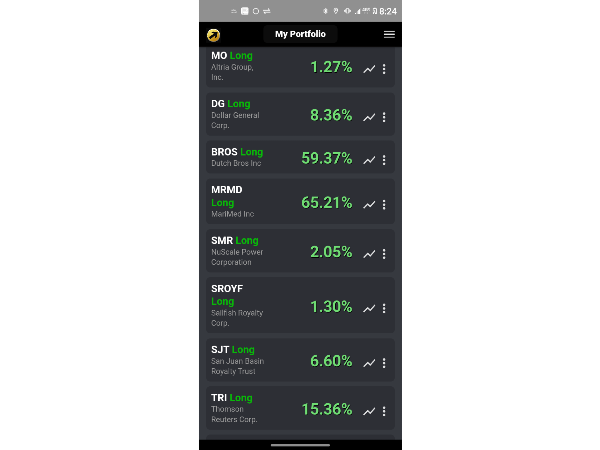
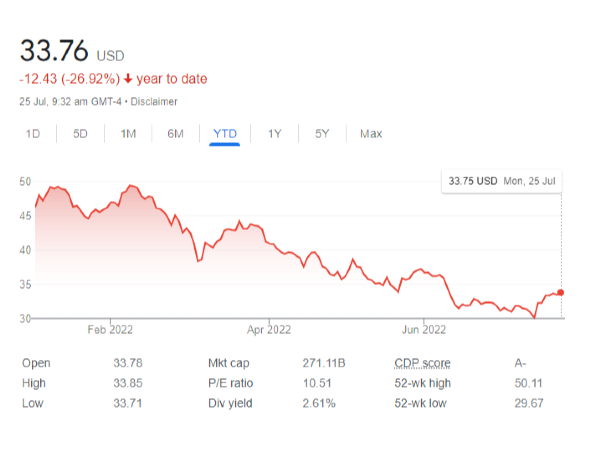

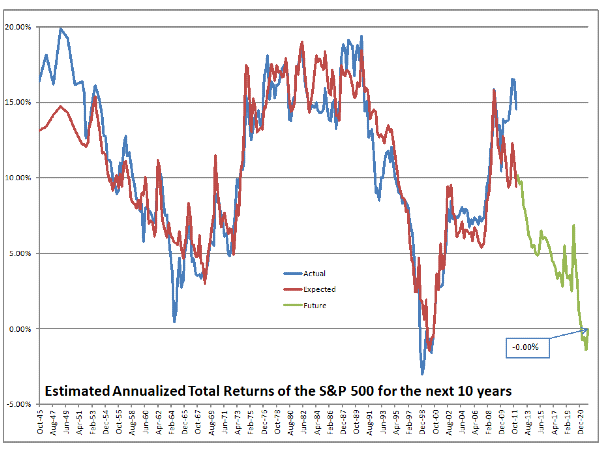

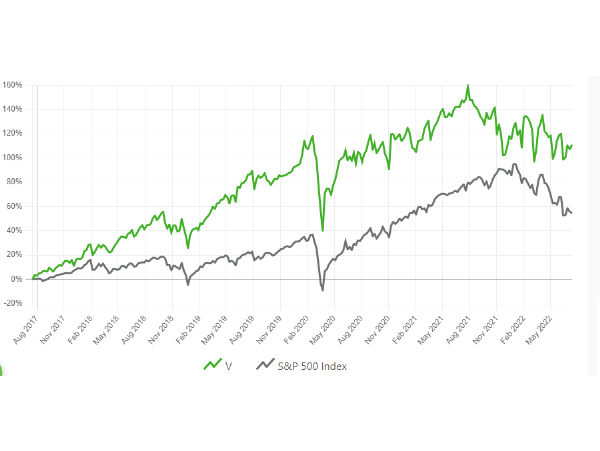


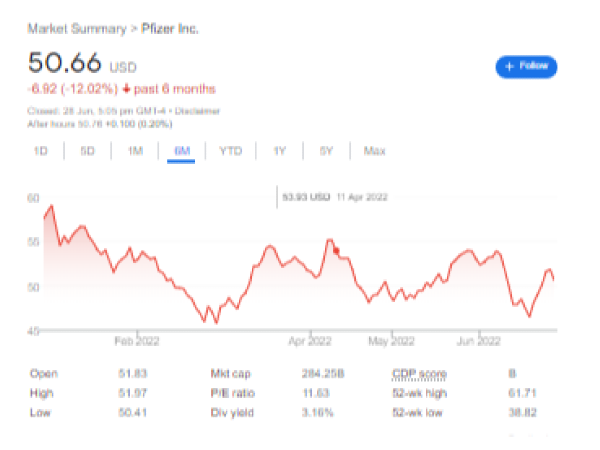
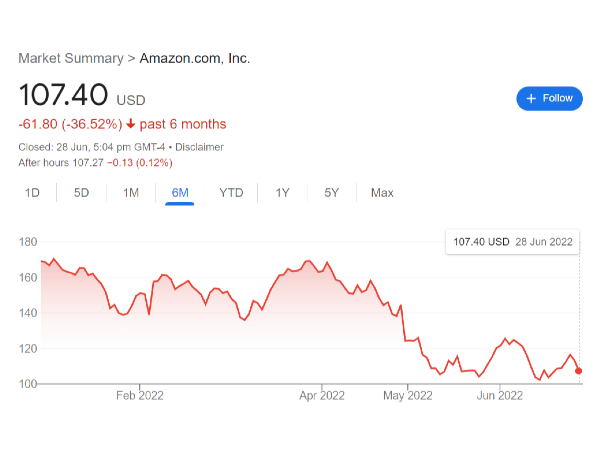


Will Appian Stock Go Up?
Most Appian investors are getting edgy and wondering, will Appian stock go up? The stock drop has caused anxiety among investors in recent months. Founded in 1999, the cloud computing and enterprise software company excel in selling a platform as a service.
Its principal focus is on low-code development, which anchors the corporation, but it also conducts process mining, case management and business process management. Appian has consumers in North America, Southeast Asia, the Middle East, Saudi Arabia and Europe.
Understanding Appian’s Low-Code Platform
A convenient and agile platform saves the customers' money. The platform offers ease in building computer applications, even for beginners. Instead of the traditional and rather difficult code-writing, a user utilizes a drag-and-drop technology in the low-code platform.
According to CEO Matt Calkins, the platform increases productivity by over 10. Therefore, there is a high demand for the company’s services and products. The demand is ever-growing, and new markets are emerging. If you are thinking, will Appian stock go up? You should consider the outstanding performance of its low-code platform.
Appian Market Dominance
The software development industry has giant players like Microsoft, who give Appian a run for their money. However, according to Gartner, Appian is a leader in low-code platforms.
Appian owes the award to its various automation tools that improve the customer's workflow. Additionally, Appian leads in overall customer satisfaction. If a customer is satisfied, they are more likely to recommend a product, bringing more customers to the business.
Appian vs Pegasystems Appian sued its competitor Pegasystems for trade-secret misappropriation. Appian proved that Pegasystems maliciously spied on Appian's development environment to steal trade secrets. Appian was awarded over $ 2 billion in damages. The amount is half of Appian's market cap and, therefore, significant in how it will shape the company's financial muscle soon.
Appian Quarter 2 2022 Earnings
-Revenue: $110.1 million, an increase of 33% compared to Quarter 2 2021 revenue -Operating loss and non-GAAP operating loss: GAAP operating loss of $42.7 million and Non-GAAP operating loss of $26.8 million -Net loss and non-GAAP net loss: GAAP net loss of $ 49.4 million with a net loss per share of $0.68. Non-GAAP net loss stood at $33.4 million. A total of $6.5 million from both losses was attributed to foreign currency exchange losses. -GAAP and non-GAAP net loss for the second quarter of 2022 included $6.5 million, or $(0.09) per share, of foreign currency exchange losses. We do not forecast foreign exchange rate movements. -Adjusted EBITDA: loss of $25 million
Appian Financial Health
• The prospects of revenue vs market growth forecast are 17.5% annually. The growth would be 9.5% more than the annual US market growth. • Short-term assets of $315.4 million over short-term liabilities of $212.13 million • Long-term liabilities of $52.2 million • Appian is currently debt free • A stable cash runaway of over a year • CEO compensation of $981.85 is below the average of similar size US companies of $6.58M
Appian Mid-Level Market Expansion
Since its founding, the company has focused on enterprise-level customers. However, the prospects of tapping into the mid-level market are increasingly attractive for Appian. Mid-level markets are companies with between $50 million to $1 billion in revenue.
Appian’s consecutive win for the Gartner Customer Choice Award is proof of its capability in the mid-market segment. Management believes that making their product easily accessible will empower the clients and increase their following among midsize companies.
Additionally, top management's evident goodwill contributes to the democratization of the industry. In this uncertain economic time, the possibility of a recession is likely. Appian expresses confidence in its capability to handle such an outcome. Its product saves the consumer time and money and will therefore maintain demand.
Since the company is customer-funded, it will remain afloat. Even in a downturn, Appian would support its growth trajectory. This is due to a 65% increase in low-code app development by 2024. Appian will be at the forefront of capitalizing on this opportunity.
Final Take
As an investor, it is crucial to ask, will Appian stock go up? In addition, what would be the effect on your investment? Compared to competitors such as Microsoft and Salesforce, Appian is smaller but has the most significant growth potential. Appian’s primary focus is on low-code technology, but the overall business of its competitor gives it an advantage.
Appian is a rapidly growing presence in niches where competitors focus less on developing innovative software solutions at scale. However, it would be best if you were risk tolerant of investing in Appian as the company is not yet profitable. Appian stock is likely to fall in the short term but go up when the company is expected to be profitable in the next three years.
The recommendation would be to buy and hold for at least five years. However, investors should regularly monitor Appian's revenue results, product performance and management moves.